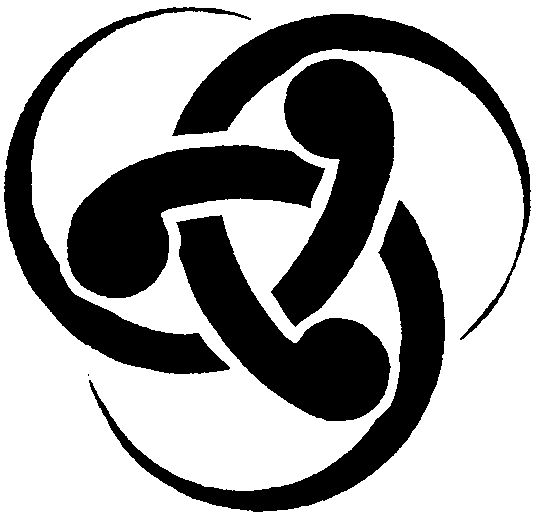|
2016 Midterm2 (assignment) Index to Sample Student Midterm2 Answers Part 3. Research Report Starts |
LITR 4340
|
 |
Austin Green
“Superman himself is literally an immigrant.”
Coming in to an Immigrant Literature class has opened my eyes to a whole
new layer of literature I had honestly never really spent much time with. I had
experienced some literature about the immigration narrative previously I’m sure,
but I know I would not have been able to recognize it as I can today. I was
having some trouble coming up with a topic to write about before I was struck
with the idea to write about something I have some general knowledge on, but
lean it into something specific for the course and on learning something new. I
was aware of writer Gene Luen Yang before I took this course. I knew he released
a graphic novel titled “American Born Chinese” that dealt with immigration and
based on the success of that (along with his other works), he went on to write
the monthly “Superman” comic book. After learning about the immigrant narrative,
I decided for my research paper to write about the author, as well as read
“American Born Chinese” and see if I can recognize any of the stages of
immigration, or experiences we have discussed in class, in the graphic novel.
Gene Luen Yang was
named one of the 2016 MacArthur "Genius Grant" award recipients. This is a
$625,000 stipend given out to “individuals
who show exceptional creativity in their work and the prospect for still more in
the future” (1). Yang’s biography on the MacArthur site mentions his work on
American Born Chinese: “Yang integrates tropes from American comics, Chinese
folklore, and the Chinese immigrant experience. Three interlocking narratives
contribute to a nuanced depiction of the struggles of adolescent Jin Wang as he
comes to terms with his bicultural identity and attempts to assimilate in
America” (1). This confirmed to me
that this writer was held in high regards, and could comfortably fit in a
literature class syllabus. Looking over the description of his graphic novel
also showed that it would be a good fit for our particular course, as it is
dealing with the immigrant experience, and even uses one of our course terms:
assimilation.
In an interview Yang gave when he began writing the “Superman” comic, I
was able to locate some information about his experience growing up, “As an
immigrant’s kid, I spoke Chinese at home and English at school. I had two
different names. I felt like I was living under two different cultural
expectations. Super heroes are the same way. They have two different names. They
have to operate under two different sets of rules. I’d say that’s the piece of
Superman that I like the best. That’s what resonates with me the most….” (2)
This sounds exactly like the immigrant narratives we have read so far in class,
and before I have even started actually reading his writing yet.
I
plan to continue with another paragraph or two about his life, then move on to
grab specifics from the graphic novel as the relate to the course and course
terms/immigrant narrative.
Works
Cited:
1.
https://www.macfound.org/fellows/975/
2.
http://www.dccomics.com/blog/2015/07/28/are-you-ready-for-supermans-gene-luen-yang



